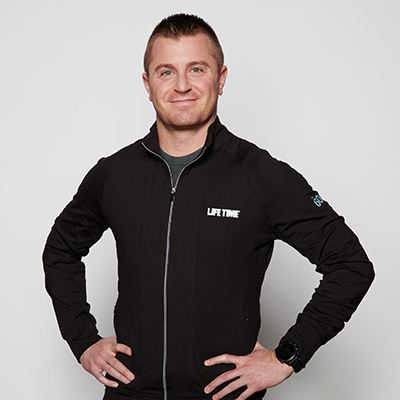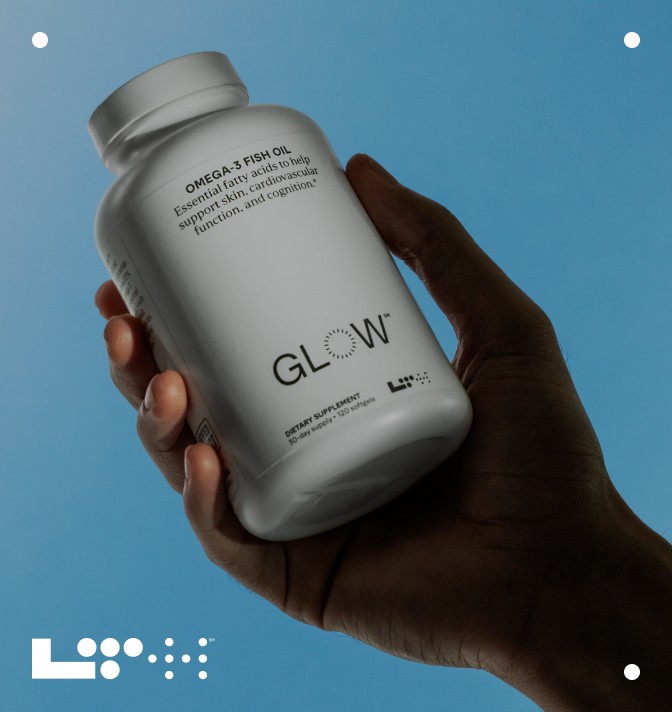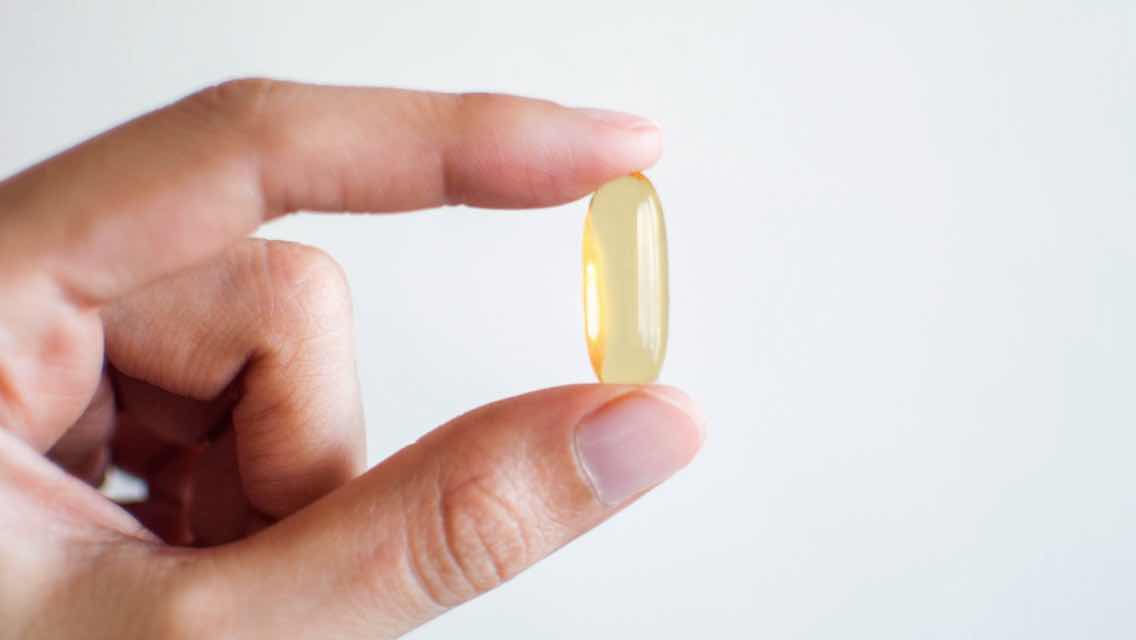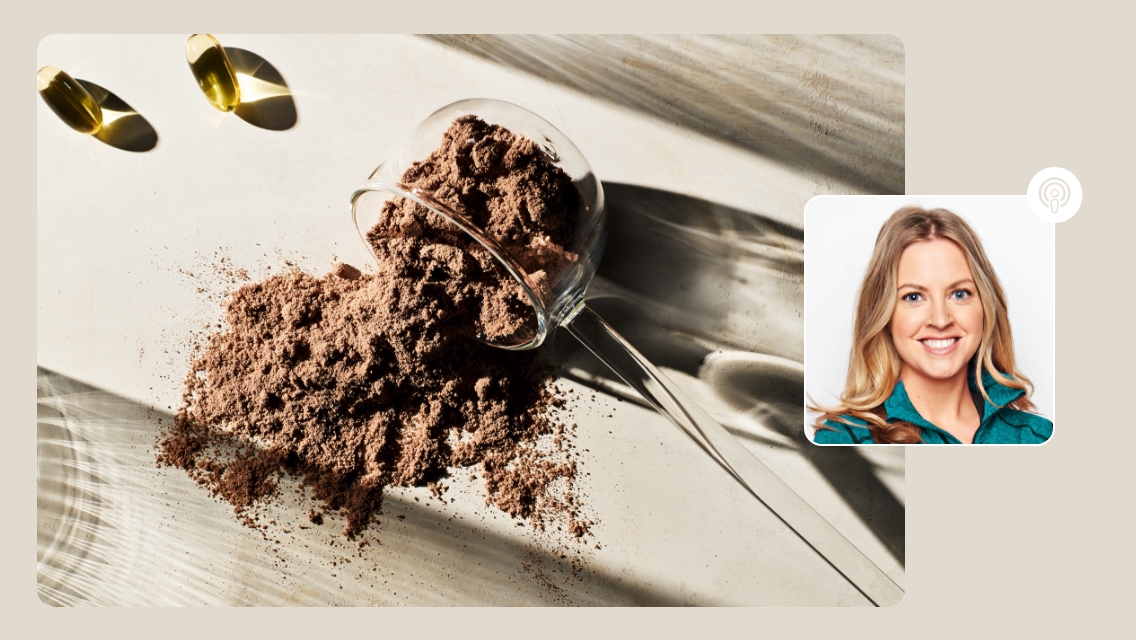Bahram Akradi, founder and CEO of Life Time, has relentlessly pursued optimal health his entire life. Imagining, planning, building, operating, and using health clubs has been his life’s work — his “Life Time,” if you will.
In the early 2000s, about a decade after opening Life Time’s first club in a strip mall in a suburb northwest of Minneapolis, Minn., he introduced a selection of privately labeled dietary supplements, including multivitamins and essential fatty acids (omega-3 fish oil).
The motivation to start a supplement line wasn’t based on establishing new revenue streams for the expanding health-club business. Rather, it was born out of frustration that something as critical as good nourishment was becoming more difficult and less convenient in the modern world.
The supplement industry was booming, mostly in a bad way, following the implementation of the Dietary Supplement Health and Education Act of 1994 (DSHEA). The intent — to empower a new dietary supplements industry to produce, market, and sell nutraceuticals to fill the nutrition gaps between highly processed, low-nutrient foods and pharmaceutical drugs — may have been pure, but the companies and products that DSHEA spawned left a lot to be desired.
The barrier to entry into the market was far too low to assure consumer safety and product integrity. A lot of sketchy products appeared on the scene.
At the time, Akradi was personally using several different supplements, each touting various health or fitness benefits. He decided to get the products tested to be sure the ingredients on the labels were actually in the formulas.
The results were stunningly poor — so poor, in fact, that they inspired him to start his own line. If no one in the industry was producing formulas he could trust, then he would develop his own that met higher quality standards.
In many ways, the industry has improved significantly since that time. Unfortunately, there are still many poor-intentioned supplement companies keeping the Food and Drug Administration (FDA) busy. In 2020, the government agency issued nearly 100 notices of tainted dietary supplements, mostly for products marketed for fat loss or sexual enhancement.
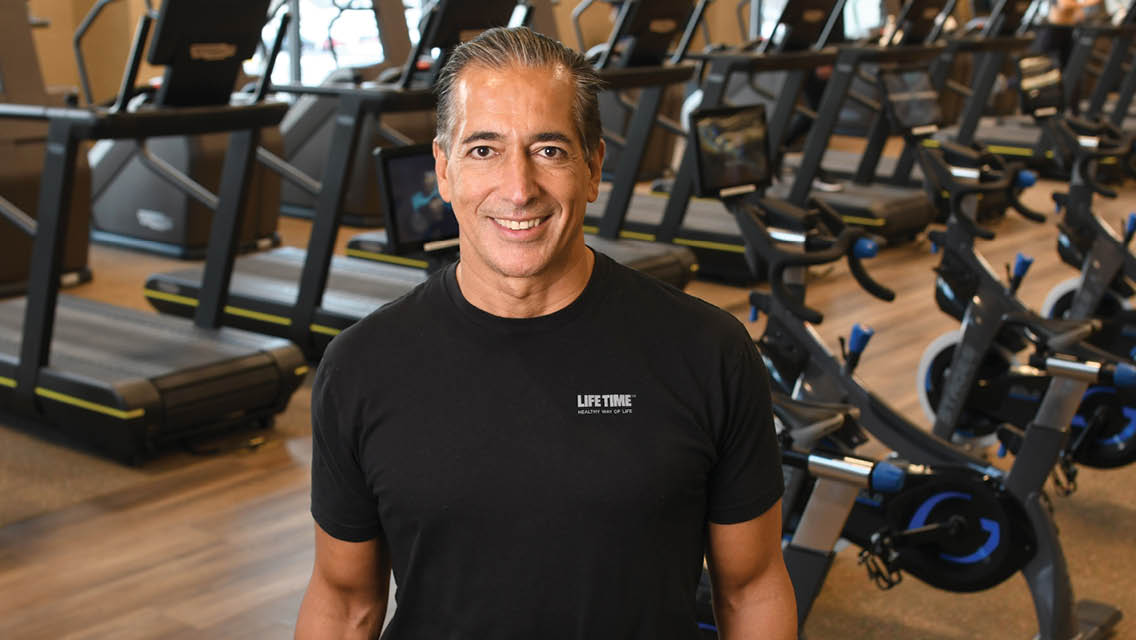
An Innovative Approach
For decades, Akradi — like many of us — has incorporated dietary supplements into his life to be certain he’s never deficient (or insufficient) in key nutrients that are required to keep him healthy, help him perform well, or address his unique metabolic needs. He regularly tests and retests health markers to adjust the elements of his lifestyle, exercise, recovery, nutrition, and supplement strategies.
A few times each year, he and I get together to review his latest lab results and make adjustments to his personal program. Together, we’re on a constant mission to make the pursuit of optimal health simpler and more effective in an ever-changing world.
It’s these personal checkpoints that provide the best lessons for Life Time’s supplement evolution. It also demonstrates that two of our best-kept secrets — professional-grade supplements and lab testing — are of great personal importance to our CEO.
Early on and ever since, the products have centered on innovative features and on-trend ingredients. Here are a few highlights about the line:
- Life Time multivitamins were some of the first to be delivered in easily digested capsules rather than hard-pressed tablets full of binders, fillers, and glues.
- Our multivitamins were (and may be still) among the few daily options with specific daytime and nighttime formulas. This is based on the fact that our bodies need different nutrients at different points along our circadian rhythm. Our AM formula is for energy production, while the PM formula is for restorative sleep.
- Our LTH Glow Omega-3 Fish Oil is highly purified and concentrated to deliver potent levels of EPA and DHA omega-3s from sustainably-caught anchovy.
- Our protein powders were among the first to transition away from controversial sweeteners (aspartame, saccharin, neotame, Ace-K, and sucralose) to the healthier stevia and monk fruit extract.
- Life Time is one of a few supplement brands that prioritize ingredient quality and formula efficacy over profit margin.
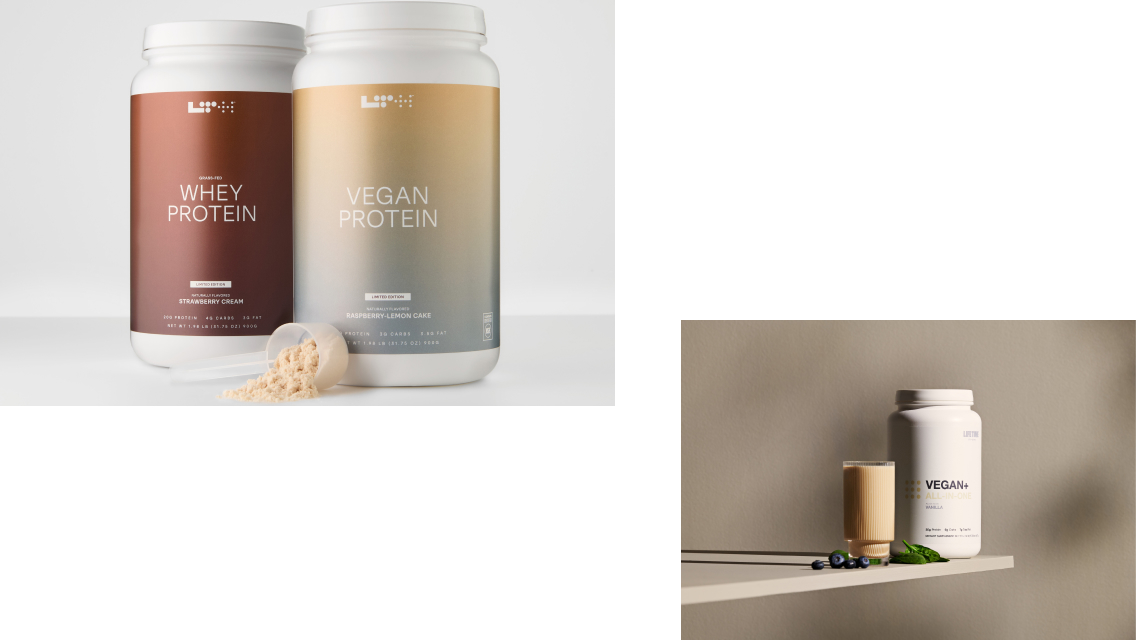
Quality Commitment
It may surprise you to hear that most supplement companies aren’t actually supplement companies; they’re marketing ventures that happen to sell supplements.
Life Time isn’t a supplement company or a marketing venture: It’s a health company that operates healthy way of life destinations and provides healthy-living services and products, including its own line of nutritional supplements designed to support good health.
Since the launch of our supplement brand, Life Time has been partnering with expert formulators and top manufacturers in the dietary supplement industry so we can control as many elements of the process as possible. This guarantees that the products we sell contain quality ingredients in the amounts specified and that they are produced using the highest degree of quality control.
Instead of spending money on marketing, we invest in good ingredients, effective formulas, and rigorous quality controls. The resulting products are of high quality. Here is how we maintain our standards:
Quality Manufacturing
Life Time evaluates and selects manufacturing partners based on capabilities, certifications, reputation, and FDA compliance records. Once we identify good partners, we tend to stay with them as we innovate our formulas and packaging.
Over the years, we’ve been fortunate to partner with manufacturers who are as committed to quality as we are and who are capable of producing supplements using only natural flavors and sweeteners; they do not use potentially detrimental binders, fillers, excipients, or coatings.
Our contract manufacturing partners all operate FDA-registered, cGMP-certified facilities in the United States. They’ve also all been certified compliant with the National Sanitation Foundation as NSF for Sport® compliant; this means they operate above and beyond the minimum FDA requirements and are prohibited from manufacturing, handling, or storing any banned substances specified by the World Anti-Doping Agency (WADA) or U.S. Anti-Doping Agency (USADA).
Each of our contract manufacturers has an impeccable FDA inspection record, and they’ve all passed multiple surprise FDA inspections in recent years.
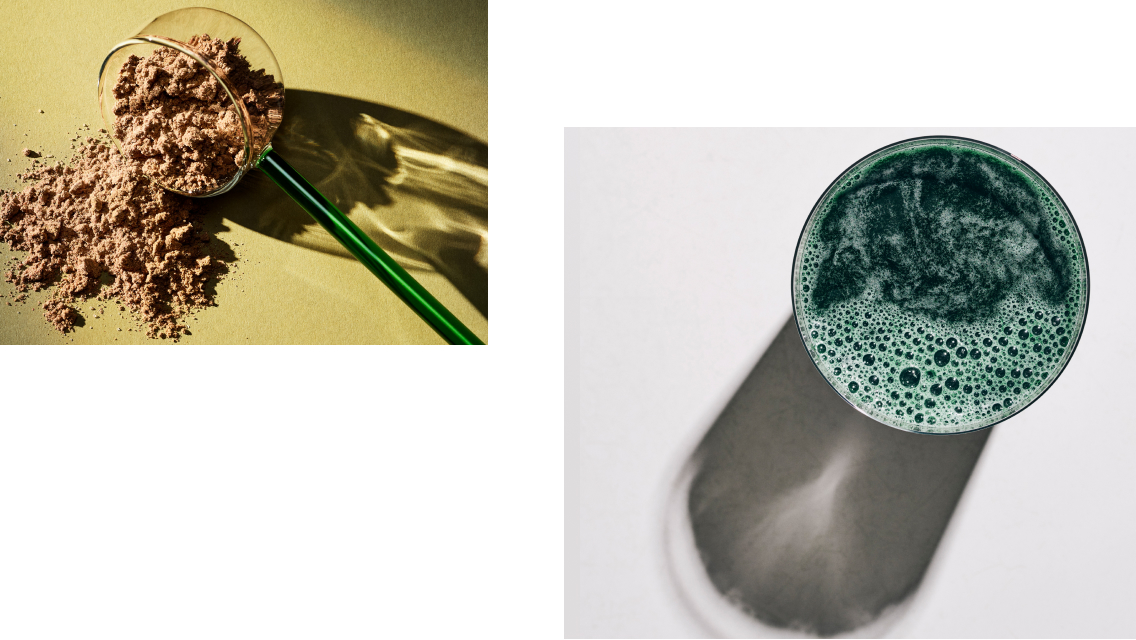
Careful Ingredient Selection
There’s a wide variety of vitamin and mineral forms to choose from: Some are cheap, synthetic, or poorly absorbed; others cost more but deliver better absorbability (bioavailability) and/or more nutritional impact.
Life Time formulates using the nutrient forms and sources that are shown to best support the desired effects.
For example, synthetic folic acid is poorly absorbed and metabolized by most people, and un-metabolized folic acid can have detrimental effects as it builds up from cheap supplements or fortified food consumption. Instead, we only include methylated folate, which the body can easily absorb and use without unwanted side effects.
Grass-fed whey is another example of a raw material that offers higher-quality and better nutritional impact. We source our whey concentrate from free-range grass-fed herds in New Zealand, where cows actually outnumber humans. The milk from these cows contains higher levels of immunoglobulin (IgG) proteins that may benefit our immune system. In fact, the IgG levels from New Zealand whey tends to be about 25 percent higher than comparable U.S.-produced whey.
Despite the distance from the United States, the supply chain for whey from New Zealand follows a shorter timeline than conventional whey because the milk is harvested and processed within a very small, well-controlled area, resulting in a cleaner and fresher tasting raw material.
Similarly, our fish oil is sourced sustainably from the small, cold-water anchovy fisheries off the coast of Chile and Peru, then purified, concentrated, stabilized, and molecularly distilled in South America before being sent for encapsulation in southern California. The resulting pure and potent omega-3 rich oil is stable and easily absorbed so it can support many facets of health.
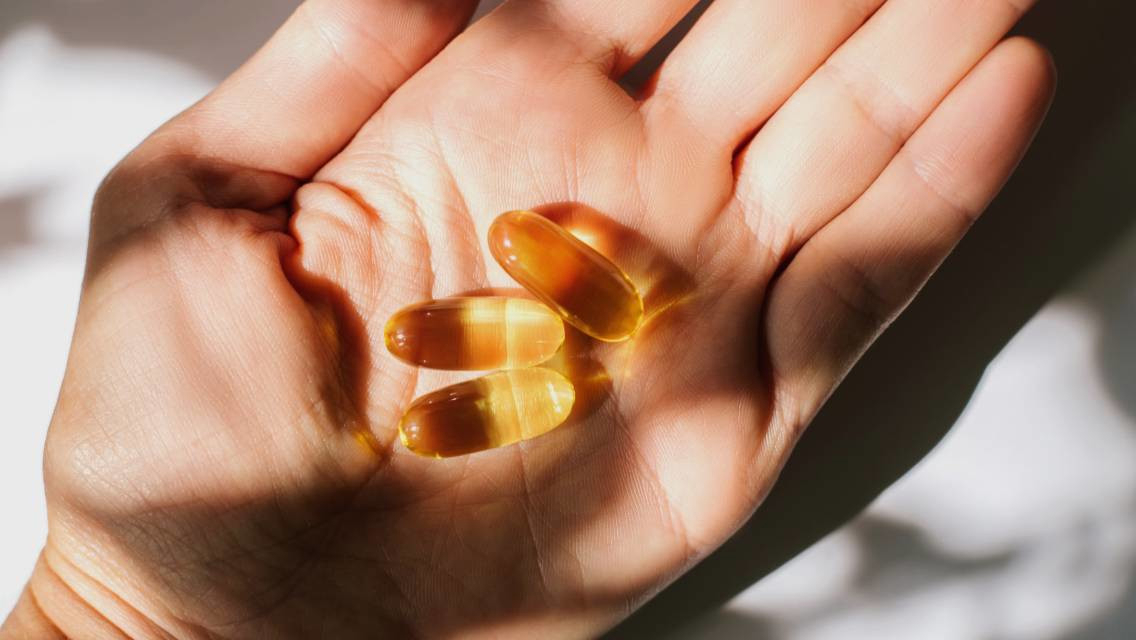
Rigorous Testing Standards
Although final product verification is required, testing isn’t just for finished goods: When applied properly, it spans across multiple steps in the supply chain.
Life Time’s ingredients and products go through multiple rounds of testing to verify that our formulas consistently exceed the standards we’ve specified. Every batch of raw materials arriving to our manufacturers is quarantined and tested for the following before entering the production floor:
- Identity: Each ingredient matches what it is labeled to be and not something different.
- Purity and strength: Each ingredient is as pure as it is supposed to be and delivers the right strength of nutrients for the specified formula.
- Composition: Each ingredient meets specifications for mixing and stability desired for the finished product.
- Contamination: Each ingredient is below limits set for residual solvents, herbicide/pesticide residues, yeast/mold/bacteria/microbes, heavy metals, and unexpected allergens.
Many supplement companies practice “skip-lot” testing to reduce production costs, which means they only test every third or fifth lot of material from a given supplier. This practice may be how several popular protein powders were found to have unacceptable levels of contaminants in 2018 by the Clean Label Project.
Occasionally a material fails one of these tests and needs to be rejected. For example, in 2015 there were a handful of lots of a botanical ingredient that failed identity testing for one of our formulas. This particular failure was due to the material testing as the wrong part of the correct plant (leaf rather than root). Rather than producing the product anyway, we opted to go out of stock until the right material became available and passed testing.
Once all raw materials have been verified through testing and blended together, the same battery of tests is conducted to be sure no undesired materials were introduced during production.
After the finished goods are packaged, they’re tested once more to verify the product matches the Master Manufacturing Record specifications and passes quality assurance metrics before being released to our distribution center.
In one instance, a batch of our Vanilla Vegan Protein reached the final testing stage but showed 9 parts per million for soy protein, which exceeded the detection limit set at less than 6 parts per million. Soy protein is not an ingredient in the formula and could have been a safety issue for some consumers. The entire lot was rejected and had to be re-produced.
While the multiple layers of redundancy and testing are costly and time-consuming, we believe it’s the only way to responsibly manufacture quality products.
Trust-But-Verify
All of the above testing takes place in the state-of the art laboratories our manufacturing partners operate. While we trust them implicitly, we also believe in holding them accountable by verifying results at random.
Every year, we invest in additional, third-party testing of randomly selected products, sometimes pulled from our warehouse and other times pulled right from the shelves of our LifeCafes.
To date, it’s paid off to set and maintain such high production and product standards: Every round of third-party testing has passed with flying colors.
Responsible Marketing Practices and Suspected Adverse Event Reporting
Many supplement companies use cheap ingredients and cut corners to save costs throughout production and product testing so they can spend most of their profits on marketing. Much of this marketing is misleading, makes overstated benefit claims, or is downright illegal.
Life Time takes a conservative approach to product marketing and benefit messaging. Both require a layer of legal review to be certain we maintain compliance with the ever-changing FDA and FTC regulations. For example, the FDA now considers any mention of “inflammation” as drug claims, so such references must be removed from product labels and websites.
Despite all the quality controls for our supplements, occasionally there are suspected adverse reactions involving products. We’re required to document, evaluate, investigate, and report all such reports and contract with a company to field and manage these cases. The 24/7/365 monitoring service ensures that we are alerted and can isolate and respond to any serious events and mitigate risks.
For example, in 2015, we launched a product that contained two ingredients that were established as “Generally Recognized as Safe” (or GRAS), and we fielded 11 individual complaints out of about 1,000 sales — a 1-percent response rate. Though that seems like a small number, it’s too big to ignore. We determined the best course of action was to voluntarily withdraw the remaining product from the market and discontinue the formula.
We operate our supplement line so we feel confident that all consumers have access to the nutrients they need to pursue and maintain optimal health. If that means we invest more in safeguards, monitoring suspected events, and proactively meeting and exceeding FDA and FTC guidelines, we will happily do so.

We’re Not Stopping Here
We’re consistently working on next steps to evolve our formulas, product assortment, delivery systems, and supply chain sustainability.
Today, we’re proud to offer our expansive group of professional-grade products. In the future, we’ll be thrilled to deliver even more simplified health-support systems, more convenient and environmentally friendly packaging, and tools to help you better understand what you need and how your supplement plan is working for you.
We want to make optimal nutrition accessible and realistic for you and your family’s optimal health.

